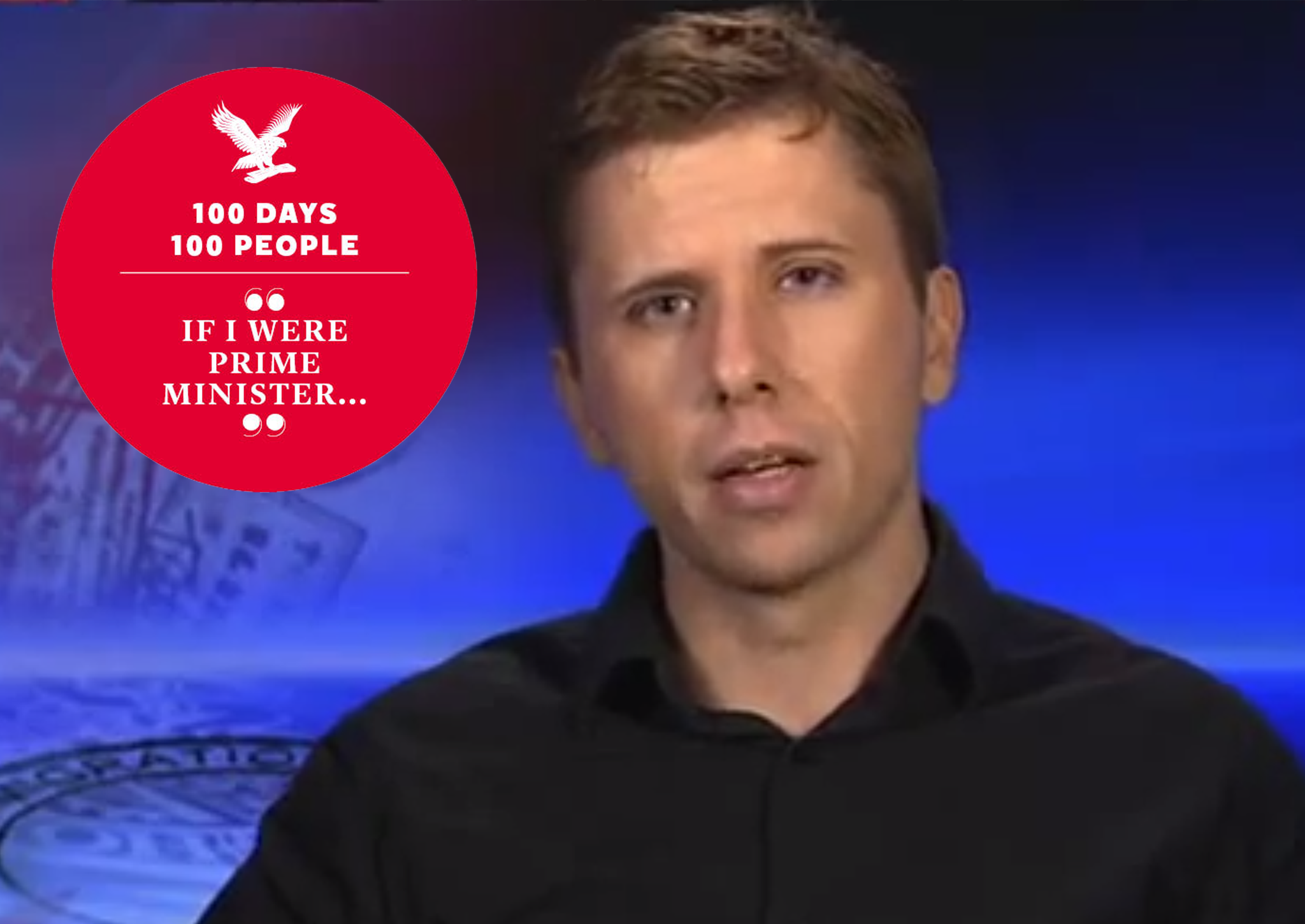If I were Prime Minister: I would stop the rich getting all the best jobs
Our series in the run-up to the General Election – 100 days, 100 contributors, but no politicians – continues with the editor of Left Foot Forward

“England”, as George Orwell famously wrote, “is a family with the wrong members in control”. Britain was “the most class-ridden country under the sun”, as he lamented in the same essay.
Public life in Orwell’s day was dominated by those with property and financial power while the lives of talented individuals from the working class were often wasted in drudgery.
Three quarters of a century later and Britain continues to resemble a family where the rich-but-mediocre flourish. Just 7 per cent of Britons are privately educated yet, according to a recent government report, 33 per cent of MPs, 71 per cent of senior judges and 44 per cent of people on the Sunday Times Rich List went to fee-paying schools.
You might expect the media to be scandalised by this state of affairs. But 43 per cent of newspaper columnists and 26 per cent of BBC executives hail from the private school system too.
The media is supposed to "talk truth to power" but more often than not it resembles the establishment talking to itself. The next time you hear a plummy-voiced commentator holding court on a current affairs programme remember that just 3 per cent of journalists have parents in unskilled occupations. This compares with 17 per cent of the public as a whole.
In the years after Orwell penned his stirring polemic public life in Britain did — for a while at least — begin to change. Good schools and the universities were opened up to those not born into money and as a result bright children from ordinary backgrounds did occasionally land a top job at the expense of their ultra-privileged peers.
However, fast forward 30 years and Britain is once again dominated by the sons and daughters of money. Elitism is now so pronounced that the Government’s own social mobility commission has compared it to "social engineering" in favour of the rich. The slow death of meritocracy is most glaring in politics, where the leaders of the major parties all come from ultra-privileged backgrounds. Once again Britain is a family with the wrong members in control.
If I were Prime Minister I would drop the pretence that equality of opportunity is possible without addressing the bourgeoning gap between rich and poor. Of the wealthy countries listed by the OECD, the three in which men’s earnings are most likely to resemble their fathers’ are the UK, Italy and the US - in that order. Meanwhile the relatively egalitarian Scandinavian countries have some of the highest levels of social mobility, indicating a strong link between lack of social mobility and inequality.
However hard you work and whatever talent you may possess, if you happen to be born into the wrong family you are unlikely ever to receive the rewards and adulation conferred on the lucky few. Upon entering Number 10 Downing Street the priority of the Government would be to make the poor a little richer and the rich a little poorer. Britain could then once again unleash the talents of those working class kids whose hopes and dreams are no less real than our own.
Join our commenting forum
Join thought-provoking conversations, follow other Independent readers and see their replies
Comments